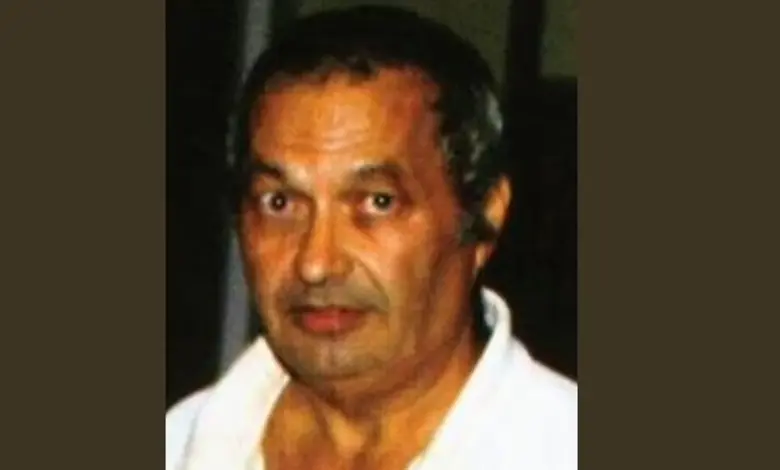From B-2 Innovator to Convicted Spy: Indian-Origin Engineer’s Fall

The United States recently deployed its B-2 Spirit stealth bombers in strikes targeting Iranian nuclear facilities, spotlighting the aircraft’s advanced capabilities and a controversial figure tied to its development. Noshir Gowadia, an Indian-origin engineer born in Mumbai, played a pivotal role in designing the propulsion system for the B-2 Spirit, often referred to as the “Stealth” bomber, during his nearly two-decade tenure at Northrop Grumman Corporation from 1968 to 1986, according to the Federal Bureau of Investigation (FBI).
However, Gowadia’s legacy took a darker turn when he was convicted of espionage. Between June 2003 and July 2005, he made six trips to China, providing defense services that included designing and testing a stealthy exhaust nozzle for a Chinese cruise missile, court evidence revealed. These actions helped China develop technology to evade detection, with Gowadia receiving at least $110,000 from Chinese authorities for his efforts.
Gowadia was arrested by the FBI in October 2005 on charges of willfully sharing classified national defense information with unauthorized recipients. Following a nearly four-month trial in Honolulu, a federal jury convicted him in August 2010 after six days of deliberation. In January 2011, he was sentenced to 32 years in prison for violating the Arms Export Control Act and Espionage Act, among other charges. He is currently incarcerated at the supermax prison in Florence, Colorado.
ALSO READ : US Vice President JD Vance Issues Stern Warning To Iran Against Any Future Nuclear Weapon Following Ceasefire Announcement
The B-2 Spirit, a cornerstone of U.S. military technology, was recently deployed in strikes on three Iranian nuclear facilities, underscoring its strategic importance. Gowadia’s contributions to its stealth capabilities were significant, but his subsequent actions compromised national security, according to prosecutors. The Gowadia’s son, Ashton Gowadia, maintains his father’s innocence, alleging that critical evidence was withheld during the trial. Despite these claims, appellate courts have upheld the conviction and sentence.
